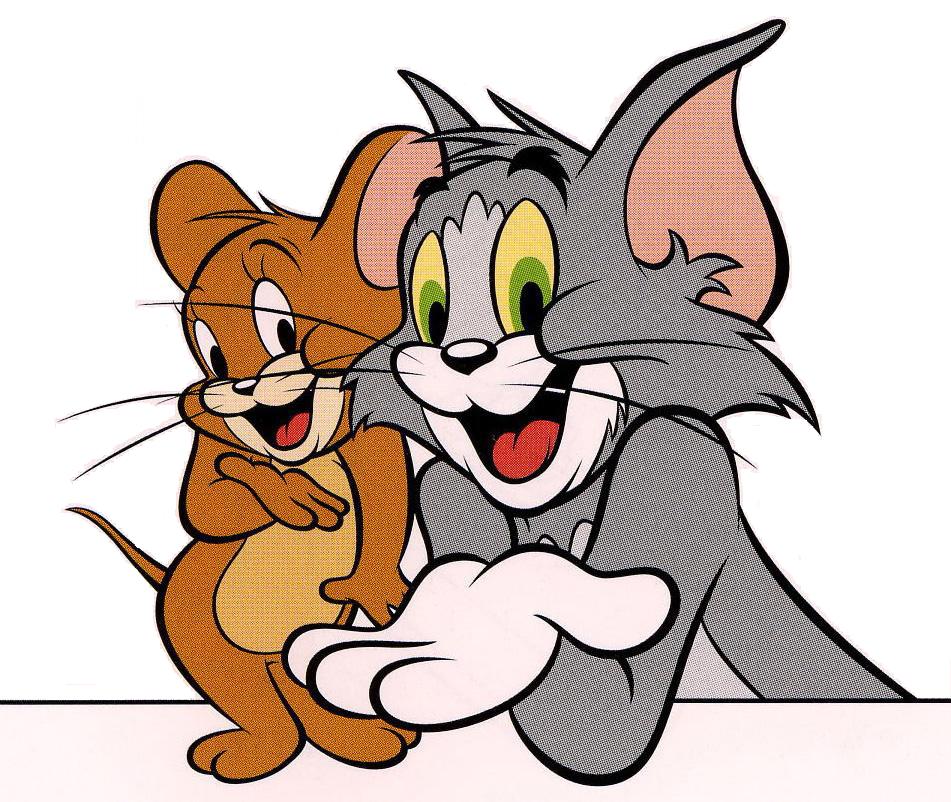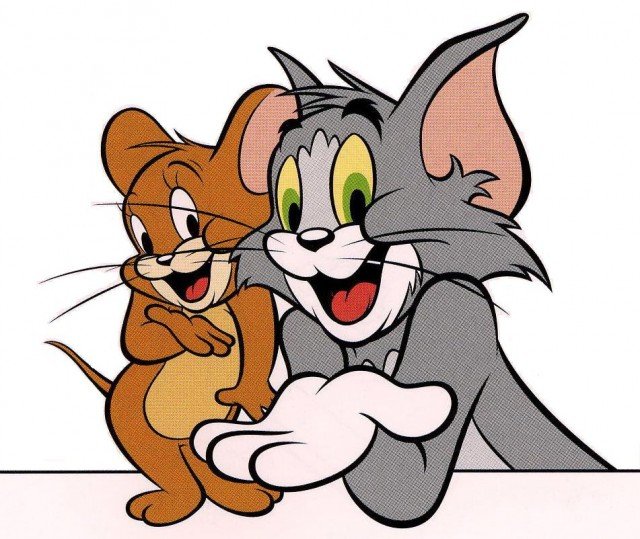
Classic Tom and Jerry cartoons on TV will be accompanied by a warning that they may depict scenes of “racial prejudice”.
The cartoons, some made more than 70 years ago, carry a warning for subscribers to Amazon Prime Instant Video.
There have been claims of racist stereotyping in the depiction of a black maid in the cartoon series.
Amazon’s warning says such prejudice was once “commonplace” in US society.
Tom and Jerry is being presented with a cautionary note about “ethnic and racial prejudices”.
Amazon’s streaming subscription service, formerly branded as LoveFilm, includes the cartoons in its comedy collection.
Tom and Jerry: The Complete Second Volume is accompanied by the caution: “Tom and Jerry shorts may depict some ethnic and racial prejudices that were once commonplace in American society. Such depictions were wrong then and are wrong today.”
The wording is similar to disclaimers accompanying some collections of the cartoons on DVD.

The warning was attacked as “empty-headed” by cultural commentator and professor of sociology, Frank Furedi, who said it was a form of a “false piousness” and a type of censorship which “seems to be sweeping cultural life”.
“We’re reading history backwards, judging people in the past by our values,” said Prof. Frank Furedi from the University of Kent.
Tom and Jerry was first produced by the MGM film studio in 1940. The cartoons, directed by William Hanna and Joseph Barbera and produced by Fred Quimby, ran until 1957, with carefully choreographed chase scenes set in the homes and gardens of suburban America.
There were more than a hundred short films made in this original series, winning seven academy awards. These included the Cat Concerto in 1946, the Two Mouseketeers in 1951 and Johann Mouse in 1952.
In the subsequent decades there have been numerous re-launched television versions of the series, with varying styles and varying degrees of critical approval.
The claims of racism are longstanding. When the original versions were shown on US television in the 1960s some scenes were edited.
There have also been complaints about the characters smoking cigarettes, with changes made to recent screenings.
The idea of running warnings ahead of potentially upsetting moments in films or books has become a controversial topic in US universities.
There have been calls for the use of “trigger warnings” which could flag up to students that they are about to come across descriptions of physical brutality, aggressive language or s**ual violence.
The suggestion that these should be inserted into lessons about classic texts has angered some academics.
Prof. Frank Furedi said calls for such trigger warnings were a form of “narcissism”, with the concerns not really being about the content of a book or work of art but about individual students asserting their own importance.